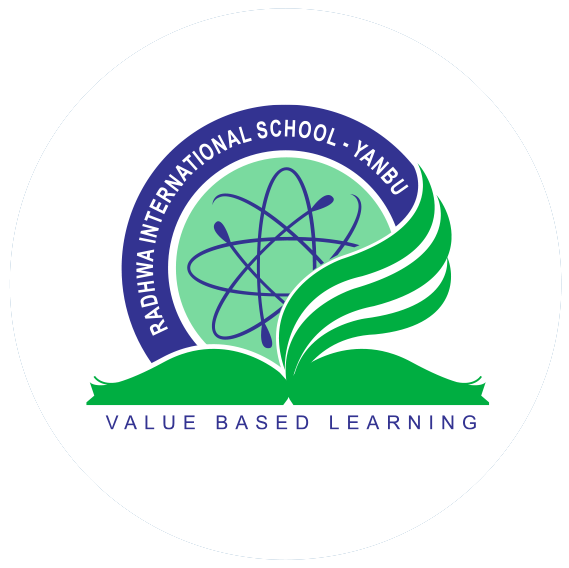Curriculum Plan
Curriculum Plan

The curriculum is introduced in three interrelated ways:
-
The written curriculum — what do we want to learn?
-
The taught curriculum — how best will we learn?
-
The assessed curriculum — how will we know what we have learned?
The Written Curriculum
The most significant and distinctive feature of the IB Primary Years Program is the six transdisciplinary themes.
These themes are about issues that have meaning for, and are important to, all of us. The program offers a balance between learning about or through the subject areas, and learning beyond them. The six themes of global significance create a transdisciplinary framework that allows students to "step up" beyond the confines of learning within subject areas.
-
Who we are
-
Where we are in place and time
-
How we express ourselves
-
How the world works
-
How we organize ourselves
-
Sharing the planet
Teachers are guided by these six transdisciplinary themes as they design units of inquiry that both transcend and articulate conventional subject boundaries.
The program can be illustrated by a hexagon with the six transdisciplinary themes surrounding six subject areas:
-
Language
-
social studies
-
mathematics
-
arts
-
science
-
Personal, social, and physical education.
The transdisciplinary themes and subject areas outlined above form the knowledge element of the program.
The seven key concepts (form, function, causation, change, connection, responsibility, and perspective) and the ATL (Approaches to learning) are incorporated into this framework so that students are given the opportunity to:
- - gain knowledge that is relevant and of global significance
- - develop an understanding of concepts, which allows them to make connections throughout their learning
- - acquire transdisciplinary and disciplinary skills
- - develop attitudes that will lead to international-mindedness
- - take action as a consequence of their learning.
The Taught Curriculum
The six transdisciplinary themes help teachers to develop a program of inquiries – in-depth investigations into important ideas, identified by the teachers, and requiring a high level of involvement on the part of the students. These inquiries are substantial, in-depth, and usually last for several weeks.
The Assessed Curriculum
Assessment is an important part of each unit of inquiry as it both enhances learning and provides opportunities for students to reflect on what they know, understand, and can do. The teacher's feedback to the students provides the guidance, the tools, and the competent incentive for them to become more, more skillful, and better at understanding how to learn.
By supporting student's agency, learners will be responsible for putting the criteria for their assessment.
Warning: fread(): Length parameter must be greater than 0 in /home/radhwa/public_html/include/footer.php on line 11
 English
English
 Arabic
Arabic
